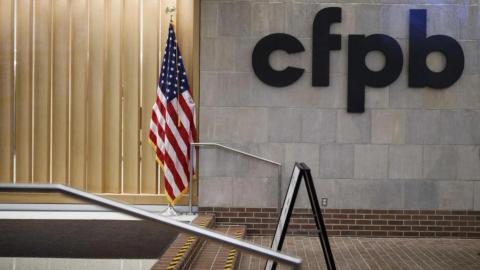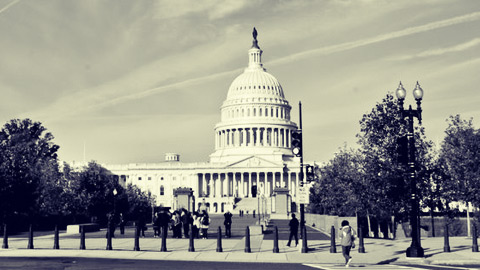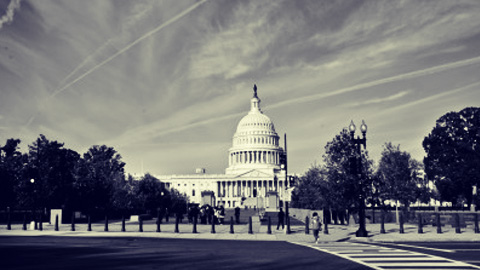
Similar Posts

CFPB Demands Wise to Pay Over $2 Million: Key Insights on the Enforcement Action
Wise, a London-based financial technology company, faces scrutiny from the Consumer Financial Protection Bureau (CFPB) for allegedly misleading customers about fees and failing to disclose accurate exchange rates. The CFPB found that Wise’s advertising misrepresented benefits like lower ATM fees and free withdrawals, which did not apply to U.S. customers. Additionally, the company failed to disclose accurate fees for certain transactions and did not refund fees when funds were delayed. As a consequence, Wise has been ordered to pay $450,000 to affected customers and $2.025 million to a victims relief fund, highlighting the need for transparency in the financial services industry.

Senate Approves Measure to Eliminate CFPB Oversight on Big Tech Payment Apps
Recent Senate developments regarding the CFPB rule have ignited debate over regulatory oversight in fintech. Republicans, led by Senators Pete Ricketts and Mike Flood, support a resolution against the CFPB’s authority, which now awaits House approval. The CFPB rule, finalized last year, mandates large nonbank entities, including tech giants like Google and Apple, to follow federal regulations. Critics argue it hampers innovation and lacks clarity. Meanwhile, concerns arise over Elon Musk’s potential conflicts of interest due to his roles with X (formerly Twitter) and the CFPB, prompting Democratic senators to call for an ethics investigation.

House of Representatives Rejects CFPB Oversight on Major Tech Payment Apps: What It Means for Consumers
The House of Representatives has passed a resolution to nullify a Consumer Financial Protection Bureau (CFPB) rule designed to regulate large nonbank entities like Google and PayPal. This shift, largely supported by Republicans, allows President Trump to influence key financial regulations. Elon Musk, owner of X, has opposed the CFPB’s authority, recently stating “CFPB RIP” in a social media post. The CFPB’s rule aimed to ensure nonbank financial players follow similar regulations as banks. Additionally, the House disapproved a rule to limit overdraft fees, signaling a trend toward reducing regulatory oversight in the financial sector.

FDIC Confirms Banks Can Engage in Crypto Activities Without Prior Approval
The Federal Deposit Insurance Corporation (FDIC) has announced a shift in its regulatory stance, allowing banks to engage in crypto-related activities, provided they manage associated risks effectively. This updated policy replaces prior strict regulations requiring banks to obtain clearance for such activities. FDIC Chairman Travis Hill emphasized this change as a move towards a more flexible approach to cryptocurrencies and blockchain. The decision reflects a broader trend of loosening restrictions on digital assets within the financial sector, seen in recent actions by the Office of the Comptroller of the Currency and the Commodity Futures Trading Commission, signaling increased acceptance of digital currencies.

Block Faces $255 Million Penalties for Cash App Failures: What You Need to Know
Block Inc. faces $80 million in penalties for violating Bank Secrecy Act and anti-money laundering regulations, following a crackdown by 48 state financial regulators. As part of the settlement, Block must enhance compliance measures, including hiring an independent consultant and submitting a compliance report. Additionally, the Consumer Financial Protection Bureau (CFPB) ordered Block to provide up to $120 million in consumer refunds and pay $55 million to a relief fund, citing inadequate fraud protection on Cash App. The CFPB is also investigating other payment platforms like Zelle, emphasizing the need for strict regulatory compliance in financial services.

CFPB Targets Digital Payment Privacy: Strengthening Consumer Protections in the Digital Age
The Consumer Financial Protection Bureau (CFPB) is seeking public feedback to improve protections for users of digital payment systems outside traditional banking. This initiative focuses on enhancing consumer safety and data privacy in the digital financial landscape. The CFPB’s research indicates that many digital payment services collect excessive personal data, raising concerns about privacy and personalized pricing. Additionally, the CFPB is considering an interpretive rule on how the Electronic Fund Transfer Act applies to new digital payment methods, including those from tech companies and stablecoins. CFPB Director Rohit Chopra emphasized the need for consumer confidence in these digital transactions.
